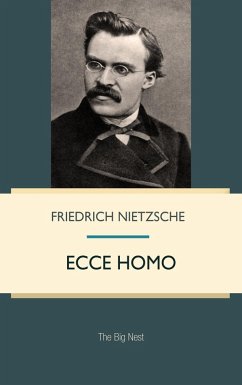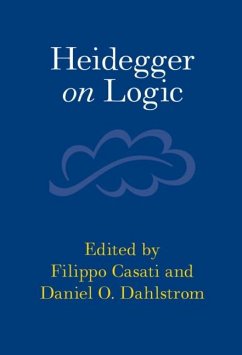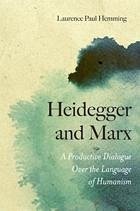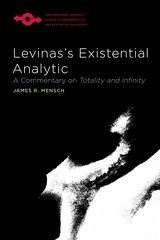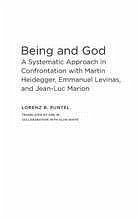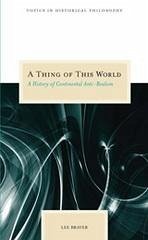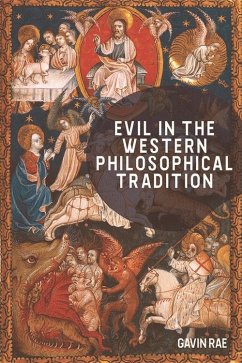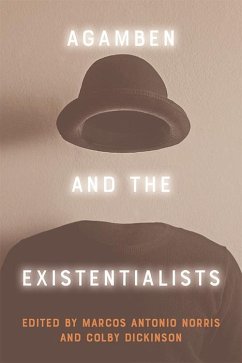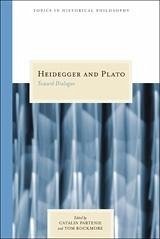
Heidegger and Plato (eBook, PDF)
Toward Dialogue
Redaktion: Catalin Partenie, Partenie; Tom Rockmore, Rockmore
Versandkostenfrei!
Sofort per Download lieferbar
29,95 €
inkl. MwSt.
Weitere Ausgaben:

PAYBACK Punkte
15 °P sammeln!
For Martin Heidegger the "fall" of philosophy into metaphysics begins with Plato. Thus, the relationship between the two philosophers is crucial to an understanding of Heidegger--and, perhaps, even to the whole plausibility of postmodern critiques of metaphysics. It is also, as the essays in this volume attest, highly complex, and possibly founded on a questionable understanding of Plato. As editors Catalin Partenie and Tom Rockmore remark, a simple way to describe Heidegger''s reading of Plato might be to say that what began as an attempt to appropriate Plato (and through him a large portion ...
For Martin Heidegger the "fall" of philosophy into metaphysics begins with Plato. Thus, the relationship between the two philosophers is crucial to an understanding of Heidegger--and, perhaps, even to the whole plausibility of postmodern critiques of metaphysics. It is also, as the essays in this volume attest, highly complex, and possibly founded on a questionable understanding of Plato. As editors Catalin Partenie and Tom Rockmore remark, a simple way to describe Heidegger''s reading of Plato might be to say that what began as an attempt to appropriate Plato (and through him a large portion of Western philosophy) finally ended in an estrangement from both Plato and Western philosophy. The authors of this volume consider Heidegger''s thought in relation to Plato before and after the "Kehre" or turn. In doing so, they take up various central issues in Heidegger''s Being and Time (1927) and thereafter, and the questions of hermeneutics, truth, and language. The result is a subtle and multifaceted reinterpretation of Heidegger''s position in the tradition of philosophy, and of Plato''s role in determining that position.
Dieser Download kann aus rechtlichen Gründen nur mit Rechnungsadresse in A, B, BG, CY, CZ, D, DK, EW, E, FIN, F, GR, HR, H, IRL, I, LT, L, LR, M, NL, PL, P, R, S, SLO, SK ausgeliefert werden.
Alle Preise in Euro und inkl. der gesetzl. MwSt. | Innerhalb Deutschlands liefern wir preisgebundene Bücher versandkostenfrei. Weitere Informationen: bitte hier klicken
Support
Bitte wähle dein Anliegen aus:
Rechnungen
Bestellstatus
Retourenschein
Storno




